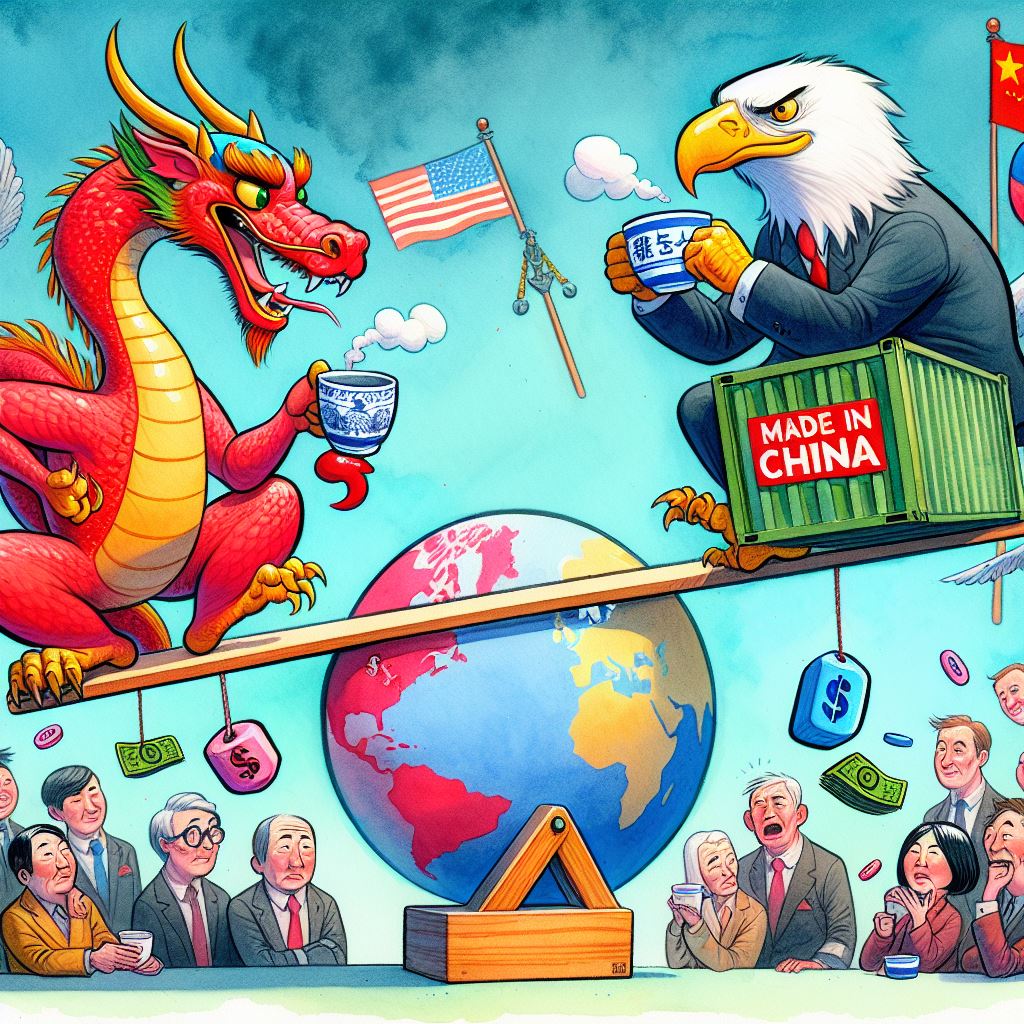The role of the Chief Financial Officer (CFO) is crucial to the financial success of a company. The CFO is top management or senior executive who overlooks the treasury, finance, and accounting departments (similar to treasurers and controllers). As a financial manager, the CFO tracks cash flow and financial planning, analyzes the company’s financial strengths and weaknesses, and proposes corrective actions. CFO’s tasks should then include cost management and how to increase company savings by finding ways to manage company finances effectively.
See our previous article on Cost-effective Ways of Managing Your Business to learn about cost-effective management.
In light of the COVID-19 outbreak, we hear talk of the “new normal”. This is characterized by social distancing, wearing face masks, working remotely, etc. But what is the “next normal”? What happens when the dust has settled? How will it affect the CFO’s roles and focus to gain better business performance?
3 major responsibilities of CFO during COVID-19
- Financial Planning and Reporting
- Reviewing Costs in Light of Changes in Actual and Estimated Revenue
- Potentially Managing Talents Remotely
CFOs need to know how to incorporate certain aspects of a business into the new challenges of the so-called “next normal“. Be it people resource, planning, reporting, or cash flows, the future holds a different scenario than what most of us have ever encountered.
The role of the CFO in financial planning and reporting
For the sake of the different stakeholders, public companies still have a fiduciary responsibility for financial reporting and the planning that comes with it. Preparing and submitting financial reports not only fulfills legal requirements. It also enables decision-makers to make use of accurate and timely information for decision-making and run the business smoothly. Planning the financial side of the business includes forecasting economic consequences and potential financial scenarios.
Predictive modeling and forecasting may be utilized and built to evaluate the potential impact of the pandemic via statistical data. It creates, processes, and validates a model or idea based on known results to calculate future outcomes. It is a tool that attempts to answer the question “what might happen in the future?”
After determining forecasts, CFOs develop and improve action plans to ensure that the company is positioned sufficiently for shifting strategic and financial situations based on various outcomes.
The role of the CFO in reviewing costs amid changes in revenue
The current environment may call for a revision and update on previous revenue estimates. Slower sales may mean lower revenues, and therefore projections for future revenue may also turn out less. It is only practical to lower certain cost bases and forego some expenses. However, the company must also consider not to sacrifice the quality of the products and the reputation of the company as well.
Cost-cutting measures need to balance short term financial commitments against long-term stability.
This means that certain expenditures may be stopped or deferred only if they are not detrimental to the company in the long run as well as to the immediate needs that might come up.
It is among the topmost priorities of the CFO to assess the capital structure and ensure cash on hand is sufficient for daily operations. During the pandemic, cashless transactions have become the norm more so in China. But this does not mean that there is no cash involved in those transactions. It simply means that physical cash is no longer used in an arm’s length transaction. Rather, mobile banking and payment have become more useful. CFOs need to ensure that the company can keep up with these types of transactions as their necessity has risen throughout the COVID-19 pandemic.
Managing talent risk
Talent refers to the right people for a company’s strategy needs. They may be professionals or technicians with the right set of skills to fulfill the targets of the department or the company as a whole. Talent management therefore should be able to acquire, maintain, sustain, and engage the right set of individuals for your business needs. Yet the risk that the set of people you have may not have the right set of skills to execute your strategy is called Talent Risk.
What happens if a major percentage of your workforce becomes unable to work for extended periods?
CFOs and any executive management of affected departments need to mitigate risks to important projects and business-critical functions due to possible serious staff depletion. It is imperative that this becomes one of the focus areas that CFOs deal with in order for operations to become stable. Contingency plans should also be in place and ready for execution to maintain business resilience.
Have you read? Resilience in Business and the Test of COVID-19
Conclusion
The would-be “next normal” calls for a total reconsideration of financial aspects and concerns of the company. Top management should reassess professionals and technicians who will help achieve company goals. Furthermore, financial managers need to revisit revenue and cost estimates, ensure accurate financial reporting than ever, and check liquid assets.
The role of CFO in the company seems to have endless focus areas to revisit. It is especially beneficial for the company to have some experts in the field who have fared successfully through similar conditions (e.g., 2008 Global Financial Crisis) and have come out successfully.
Contact us
Managing businesses’ financial needs and reports during these difficult times may have CFOs at their rope’s end. However, S.J. Grand’s expertise and previous successful experience will guide you to make the right decisions for your business. Contact us to avail of our special services.
Moreover, if you are interested to learn about our latest Cloud-based company solution, go to our Kwikdroid page to check the prices and packages we offer, no matter the size or type of company.







